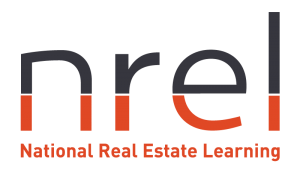4 Key Responsibilities of a Property Manager
A property manager is someone hired to oversee the daily operations of a real estate investment for a landlord. They play an integral role in the success of the investment because have control over most aspects of the property and its tenant(s). With that control comes a great deal of responsibility. The following is a list of 4 key aspects of a real estate investment a property manager is responsible for:
Rent
Property managers are in charge of handling rent for the landlord. They should be experts in the real estate industry and as such, property managers are expected to do things like set the rent price and adjust it accordingly throughout the duration of their management. They are then also expected to oversee the collection of rent from the tenant – this includes enforcing penalties for late rental payments.
Property Maintenance
In regards to property maintenance, the property manager must make sure that the property is in a good condition and fit for the tenant to live in. While specific details are often outlined within the tenancy agreement, generally property managers are in charge of the following aspects:
- Drains & gutters are clear
- Some emergency repairs
- Light bulbs
- Smoke alarms
- Building & Pest Inspections
If the property is vacant, it is up to the property manager to make sure it is secure and prevent any form of vandalism.
Tenants
Managing tenants is an especially important responsibility of a property manager. They are responsible for finding, screening and managing tenants for the landlord. They become the main point of contact for the tenant. This means the property manager must handle things like emergencies, complaints, evictions, leases, move outs.
Budgets & Paperwork
Often, landlords set a spending budget for the property manager to use for maintenance and emergencies. It is the duty of the property manager to use this budget judiciously and keep a detailed record of all property related matters. This includes keeping accurate lists of inspections, repair & maintenance costs, rent collection, insurance costs and lease agreements.
If you think property management might be something you’re interested in, check out our courses that will help get you started in the real estate industry!


